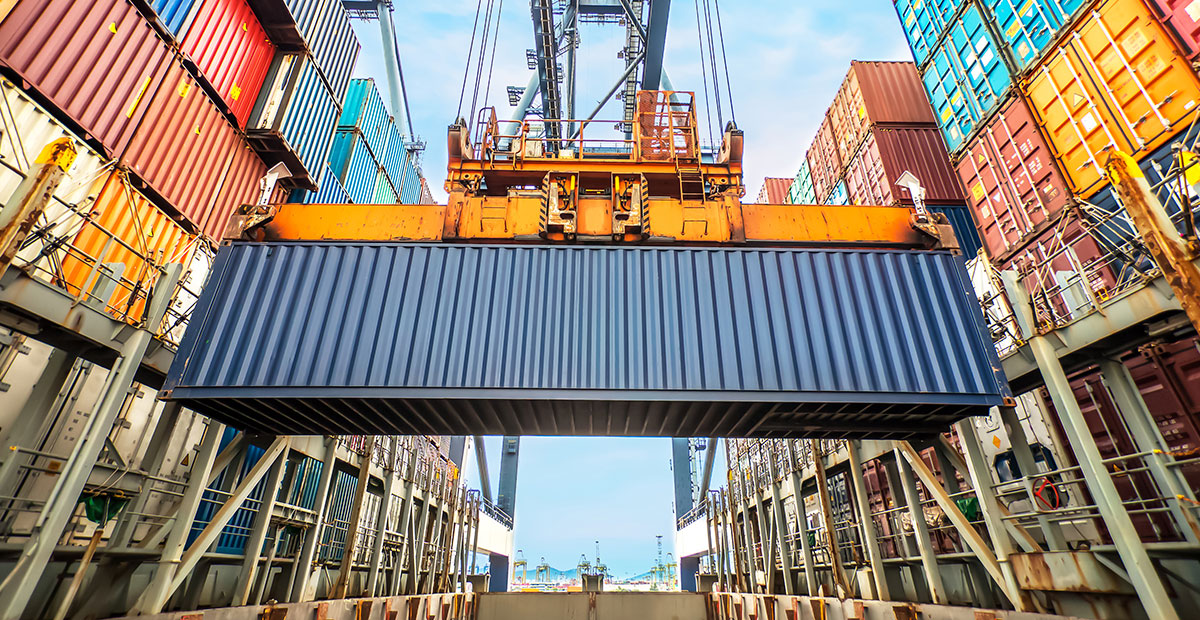Creation Of The AfCFTA: Tax Leaks & Economic Implications For Nigeria
Posted on Sun 2 Feb 2020
- Download Resource
However, as earlier indicated, the AfCFTA, in spite of its promises, may not benefit Nigeria in the areas of revenue generation and general economic growth; except immediate and drastic measures are taken to reposition the economy by addressing the fundamental challenges facing the manufacturing and industrial sectors.

Whilst the envisaged single market and integrated economy would likely attract more foreign investments to the African continent, as production in one African country effectively allows for free access to the entire continental market; the likely undue concentration of economic activities in few African countries with low production cost levels, may lead to huge economic imbalance among the member countries of the AfCFTA. The reason for this is that investors (foreign or African) might be more willing to produce in African countries with lower production cost levels and thereafter export finished products to other African countries with higher production cost levels.
Nigeria belongs to the latter group of countries, given its wide infrastructure gap, bureaucratic regulatory regime, high trade-related costs, inadequate power supply and dearth of sufficient incentives to foster the growth of infant industries. A country’s competitiveness or ability to produce goods at lower costs, compared to its peers, determines the extent to which it can take full benefit of the continental market established under the Agreement.
Rising aggregate cost of production continues to impact the manufacturing sector, with Nigeria’s non-oil exports performing below full potential. The implication of this is that, businesses engaged in the production and export of non-oil goods in Nigeria are likely to suffer severe revenue downturn; as cheaper goods imported from other African countries with lower production cost levels will displace locally produced goods and significantly reduce the sales volumes of local businesses engaged in the production and sale of the goods. This will likely result in significant VAT and income tax leaks for the country, as local manufacturing businesses will have a low tax base (due to reduced sales volumes) while transnational manufacturing businesses will be entitled to claim tax breaks under the progressive tariff elimination provisions of the Agreement.
In any event, the progressive tariff elimination provisions of the AfCFTA may be incompatible with the fiscal policies of Nigeria on international trade. Nigeria generally operates a fiscal policy designed to encourage exports and discourage imports. This is currently achieved by granting tax incentives to exports while denying such benefits to imports. Implementation of the progressive tariff elimination provisions of the Agreement are likely to reverse this trend and effectively hike the rate of importation of goods and services in Nigeria – to the detriment of locally-manufactured goods and services.

A recent study conducted by the Nigerian Economic Summit Group (NESG), on the economic implications of the AfCFTA on Nigerian industrial sectors, expressed concern that the industrial sectors in Nigeria will lose out in all segments; if the government eliminates tariffs completely and at the same time attempts to cushion the economy by increasing expenditure. The only palliative to this potential economic crisis on the country’s industrial sector is for the government to augment the complete elimination of tariffs with an increase in government investment, rather than expenditure. Even if government were to adopt this measure, the industrial sector will generally not derive any special benefits therefrom. This is because the revenue losses to the government, resulting from the reduction in tariff, may not be compensated for by the expected level of expansion in local industrial activities.
Hence, the general assumption that the progressive elimination of tariff barriers will automatically spur expansion in African economic activities may be fallacious. The assumption may not prove true for economies like Nigeria, where there are long-standing non-tariff barriers that represent a critical obstacle to the competitiveness of the Nigerian industries. It goes without saying that the benefits of the AfCFTA will likely accrue unevenly among all participating countries. It is also apparent that the larger portion of any such benefits, will be captured by few countries with stronger export capacities and economic competitiveness. As already shown, Nigeria may not fare well in this regard.
Although there may be scope for further increases in the share of trade for countries that strengthen their value-added contents at all levels, the Nigerian industrial sectors are currently not operating at the capacity (in terms of technical and volume indexes) where they could leverage on the potential benefits of the AfCFTA, to create more wealth for the economy. Implementation of the progressive tariff elimination provisions of the Agreement will thus effectively erode the tax base of Nigeria, through a significant reduction or outright elimination of the country’s customs duty revenue base. Customs revenue generally constitutes a significant portion of Nigeria’s annual tax revenue influx. Nigeria therefore needs to put measures in place to plug the tax leaks, that may result from implementation of the Agreement in the country.
The Grey Matter Concept is an initiative of the law firm, Banwo & Ighodalo
DISCLAIMER: This article is only intended to provide general information on the subject matter and does not by itself create a client/attorney relationship between readers and our Law Firm or serve as legal advice. Specialist legal advice should be sought about the readers’ specific circumstances when they arise.
More Insight
 Fri 21 Mar 2025
Fri 21 Mar 2025IP PROTECTION FRAMEWORK IN NIGERIA - TRADEMARKS
 Wed 18 Dec 2024
Wed 18 Dec 2024SEC’s Draft Rules Facilitate Pension Funds’ Investment In ...





